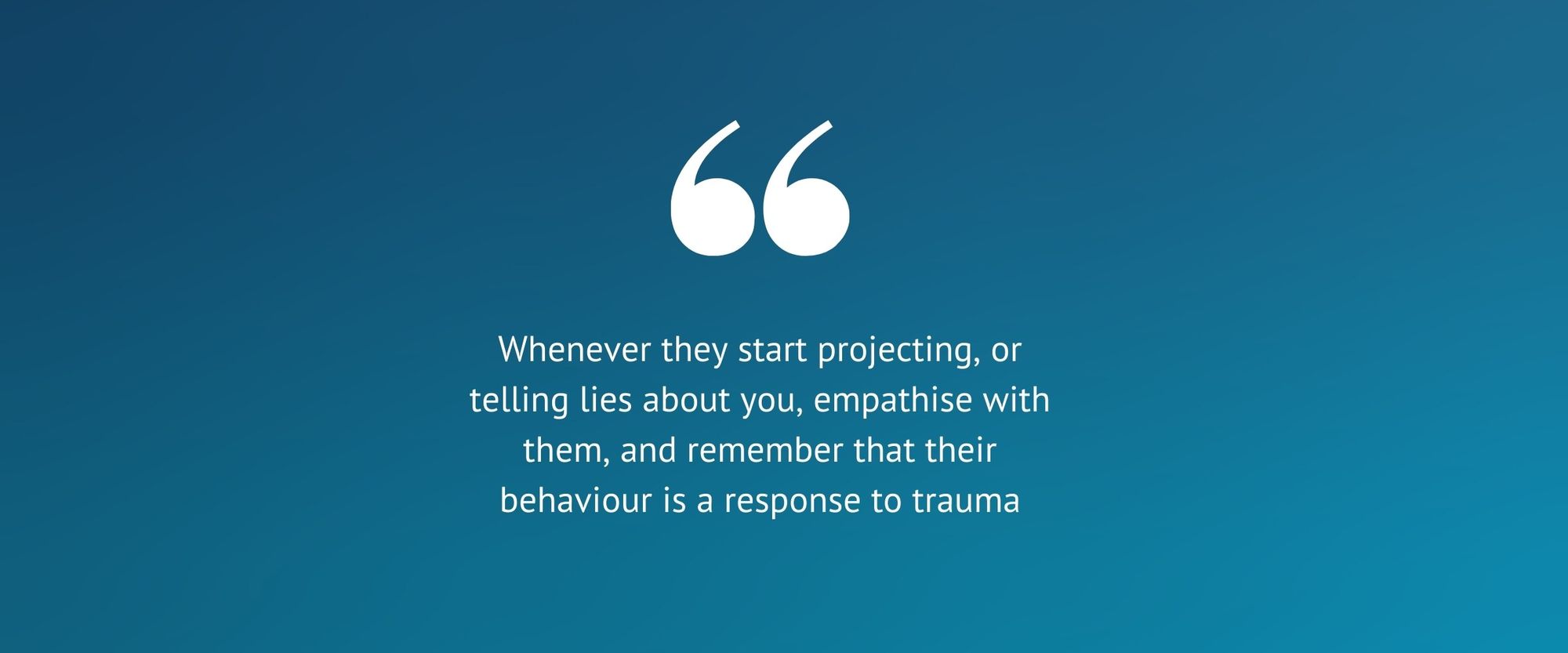
Do you know someone who is prone to exaggeration? Or perhaps their version of events strays into all-out fantasy? If someone you care for demonstrates pathological lying, they might be experiencing mythomania – but getting support is a real possibility
Loving someone who frequently alternates reality at their convenience is a difficult task, and requires infinite amounts of patience. Especially if that person is undiagnosed, and you have no idea how to act or combat their tendency to compulsively lie.
Maybe, like me, it took you years to realise that your loved one is struggling with mythomania, and the thought of talking to someone else about it terrifies you. But it doesn’t have to be that way.
Since we’re talking about a complex and often misunderstood disorder, that affects both the mythomaniac and those around them, underestimating it only results in broken relationships and undesirable consequences, as mythomaniacs may even break the law without being aware that they are doing it.
Now that you know the risks of remaining silent, let’s look at what this disorder is, how it manifests, and what the possible treatment options are for your loved one.
What is mythomania?
According to the experts, mythomania, also called pathological lying, is the strong impulse to magnify reality to either play the victim or hero. Once it becomes a habit, mythomaniacs can use lies to:
- Protect themselves from being held accountable.
- Seek attention.
- Take revenge on someone by causing turmoil and conflict.
- Try to emulate the exaggerated version of themselves that lives in their heads.
- Get a break from what feels like a monotonous life.
As you can see, mythomaniacs use lies to shape reality to their liking, and to help them, we must identify the root cause – the initial thing or things that made them feel insecure or threatened, and prompted them to use lies as a protective measure.
Counsellor, and director of Hope Therapy, Ian Stockbridge, explains: “They potentially can come from a variety of places, but I think that childhood trauma and childhood insecurities, more generally, and a wish to constantly please your caregivers, your parents, and to protect yourself in vulnerable situations as a child, can be associated. I think we can potentially learn at a very young age that to lie can be a protective factor.”
Are there types of mythomania?
Since every mythomaniac has a different reason for lying, that is, a different root cause, it’s difficult to classify them between those who lie to perpetuate their fantasy, and those who do it for the thrill of positively or negatively influencing their environment.
“I think the problem with mythomania is that it isn’t recognised by the DSM5, the Diagnostic and Statistical Manual version 5, as being a psychiatric disorder, so it doesn’t get split out in any diagnostic sense,” Ian explains. “I think, from a therapeutic point of view, it is more about recognising that there can be different underlying causes associated with it rather than different types of it. For example, often mythomania can be linked with anxiety, it can be linked with depression, and it can be a coping mechanism – that we lie pathologically to protect ourselves from some source of emotional hurt – so it may be a variation in the situation or maybe an anxiety disorder, and therefore I lie because it can stop me being anxious. I create a version of the world that is less anxious to me.”

How can you support a relative on this journey?
For most mythomaniacs, a solitary life is an accurate description of their future, as the majority of people don’t want to get involved with someone who can’t be taken seriously, or poses a threat to their wellbeing.
But, from the point of view of someone who loves a mythomaniac, leaving them alone isn’t an option, and rightly so. Here are some tips to support your loved one and also to cope with this situation in the best way possible...
Empathise with their condition
At this point, we understand that mythomania is a condition that stems from childhood and is a way for mythomaniacs to protect themselves from being emotionally hurt, or to evade reality. So, whenever they start projecting, telling lies about you, or professing their prowess, empathise with them, and remember that their behaviour is a response to trauma.
“If necessary, engage in therapy to unload and develop new coping mechanisms,” says psychotherapist Lucy Smith.
Be honest
Get vulnerable with them and try to kindly explain how this situation is affecting you and your relationship with them. But don’t make it all about you either; try to get them to talk and see if there’s any inclination to improve on their part.
Set boundaries
Love and support should never be an excuse for mistreatment or abuse. Even if a person is mentally struggling, and is more likely to have difficulty respecting your boundaries, you should set and maintain them. For example, you can start by making it a rule to end any conversation with them as soon as you catch them lying.
Stay calm
Aggressively confronting a mythomaniac will only cause them to tell more lies in hopes of winning the argument, and coming out victorious. After all, you can’t fight fire with fire, right? Please stay calm and don’t forget to be empathetic.
“Learn to react to a situation rather than engage with it,” explains Lucy.
Suggest help
Suggesting help can be one of the scariest moments, as your relative may not realise that they are, in fact, the problem. However, if you suggest seeking help as a way to improve both of your lives, and don’t make it seem like being a mythomaniac is something to be ashamed of, your chances of hearing a positive answer are high. Remember that your tone and the words you use are important.
Possible treatment options
Mythomania, like most mental health conditions, can’t always simply be cured with a pill and some rest. Professional support through therapy can help to:
-
Find out the underlying problem. Did it originate during a traumatic event in your relative’s childhood? Or was it the result of loneliness and the need for attention?
-
Discover the reason why they continue to use lies to either protect themselves or maintain their fantasy. What is the thing or things that compel them to keep up with the habit?
-
Help your relative become aware of their condition and its detrimental effects. How is mythomania affecting their lives and relationships? What is the damage they’re inflicting?
-
Work around the shame and guilt that will eventually surface. After becoming aware of their problem, how can they cope in a healthy way?
-
Find healthy mechanisms of emotional protection. What are some ways they can protect themselves emotionally that don’t involve lying?
Discover more about mythomania by visiting the Counselling Directory, or speak to a qualified counsellor for support.

